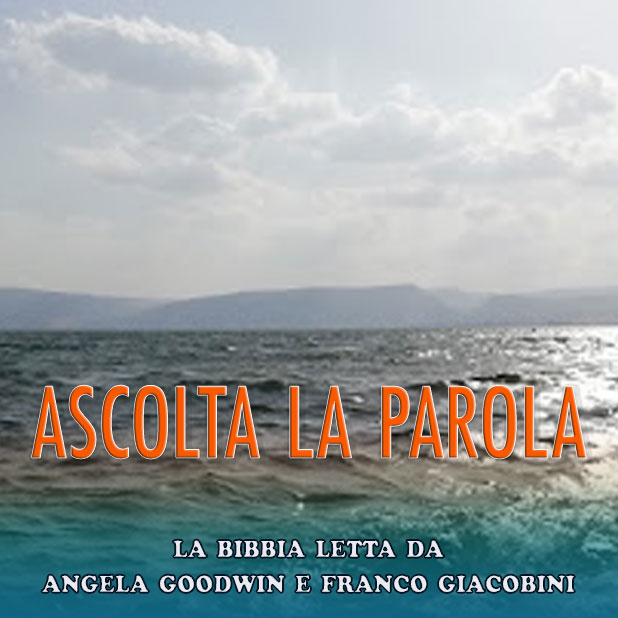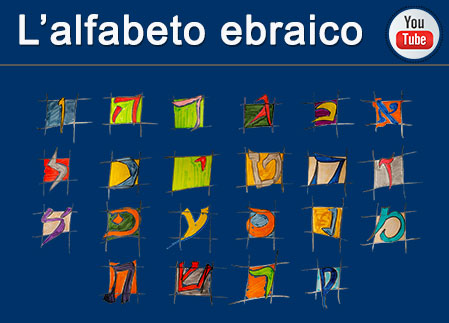Group of religious leaders
Stati Uniti d'America 06/1974
The following statement was published by a group of religious leaders in the United States, Catholics, Protestants and Jews, who had met to discuss the vital issues of poverty and justice. Convened by the Overseas Development Council, the ecumenical group gathered in Aspen, Colorado in June 1974.I. Facing Catastrophe
We have come together as members of religious communities in the United States, to clarify our vision and intensify our commitment to the kingdom of peace with justice, which the traditions of both Judaism and Christianity affirm.
The following document was received by the Consultation as being adequate for publication in order to be the basis for a discussion of the grave issues before the whole world in local congregations of our churches and synagogues — a discussion long since overdue.
As Americans we have come to realize how many of our national policies, of our institutional structures of production, marketing and defense, and of our current personal patterns of conduct and consumption, are all inextricably linked to the ongoing and explosive global catastrophe of famine, hunger and malnutrition, which continues to claim millions of lives every year in various parts of the world. Things are not getting better. The rich are getting richer, the poor poorer. Many millions will die this year from starvation. Hundreds of millions of children will be so undernourished that, if they survive at all, their physical and mental development will be seriously retarded.
As Christians and Jews we are convinced that it is the ethical responsibility of all persons, but in a very special way of the American people, not only to seek immediate remedies and deploy massive resources to halt the present catastrophe, but also to halt and to reverse the present process which continues to aggravate the injustice prevalent on our globe.
Our religious convictions compel us to take our stand on the side of the poor, the powerless and the oppressed. This is how we understand our obedience to God in this hour. This means, in effect, a commitment, not merely to bring immediate relief to the suffering, but also to work toward the creation of global structures which will ensure basic dignity and humane existence for all people. This means taking a stand against the present structures of society which prevent the kingdom of peace with justice from breaking in.
II. Sinful Structures
We recognize that global injustice is characterized by a dimension of sin in the economic, political, social, racial, sexual and class structures and systems of global society. This structured sinfulness, we acknowledge, involves the personal and corporate responsibility of religious bodies, insofar as they are part of such structures and systems. Hence, religious bodies should be active agents for changing those structures and systems in the interest of global justice.
III. Two Postures
While all agree that we face global catastrophe, differences as to possible solutions crystallize around two fundamental postures with various nuances in each. Both postures assign high priority to distributive justice.
The first posture describes the crisis as an unfortunate imbalance between the richer and the poorer nations, classes and social groups, with the rich enjoying a wasteful affluence, while the poor with their exploding populations confront illiteracy, poverty, and now starvation. This posture retains a basic optimism about possible improvements and evolution of present forms of capitalism. It asserts that through such agencies as the U.N., the World Bank, international economic organizations, multinational corporations, etc., the rich nations may initiate aid programs, reform trade policies, and change their own patterns of conduct, and thus remedy the present imbalance with minimal threat to the stability of the world order. Religious legitimations of this posture encourage concern and love within the overarching values of continuity and order and use biblical insights for critically exposing the hypocrisy, violence and corruption in the system.
The second posture describes the present catastrophe as the direct result of the unjust concentration of power over resources, labor, technology and systems of political and cultural control, in the hands of a rich elite within and across nation-states. This posture is based on a belief that the reform-projects of the first model, however necessary they may be to alleviate present misery, do not solve the basic problem. It therefore prefers to explore new forms of socialism which are qualitatively different from those historical models disfigured by political totalitarianism, bureaucratic arbitrariness and economic inefficiencies, but which would undo the present monopoly of power and diffuse it broadly across international society. From this point of view, the poor themselves become the free agents of their own liberation. Whether the confrontation necessarily involved in their struggle for freedom results also in violence, depends on the resistance of the presently and unjustly privileged classes. Religious legitimations of the second posture criticize the economic system as structurally oppressive and violent, build upon the biblical symbols of redemption and liberation, and use religious insights for continuous criticism of possible abuses in the struggle.
IV. Vision
Despite strongly held views on the above postures, it is agreed that we are at a critical point in the historical process, where God is at work, which places before us the possibility of a global community in which the eternal values of the kingdom can find worldwide expression. This is a matter of faith and hope, and not of a guaranteed certainty, without risk or failure. As Christians and Jews we dare to hope that as we, in solidarity with all humanity, set our shoulders to the task, the grace of God will be available to achieve what seems humanly impossible to many.
God is one. Humanity is called to a rich and culturally varied unity in diversity to be achieved through the historical process.
God is good. Humanity is called to goodness in love, joy, peace and justice to be attained through the historical process.
God is free. Humanity is called to be free from every force that enslaves and alienates — from unrighteousness and oppression, from evil and injustice, from dehumanizing misery and from alienating forms of affluence.
The emergence of these global structures of unity, goodness and freedom to which God calls us, is todayimpeded by evil entrenched in the structures of our common life: economic, political and social. Our task as religious communities is to join hands with people everywhere, especially with the poor, the powerless and the oppressed, in common struggle for the liberation of all.
V. The Cost
A profound conversion from one set of values, interests and loyalties, to another will be required if global injustice is to be progressively diminished and global justice more perfectly realized. Such a conversion cannot be achieved without cost, and in the realization of justice the cost must weigh most heavily upon those most able to pay — the affluent among the nations, the rich among the people. Cost cannot be defined in material terms alone, nor can a mere change in lifestyles be considered an adequate response. What is required is nothing less than a fundamental change of national policies, institutional and professional behavior, and personal patterns of living. Payment must be made in the coin of one's own person, and not simply in the form of material largesse, distributed among the hungry according to the doctrine of almsgiving in its least noble form.
Accordingly, strategies for the correction of global injustice must include not only short-term aid to meet the most urgent and immediate needs of the suffering, and not simply that most desperately needed mutual reconstruction of world society by the affluent and the poor working together in the spirit of common survival and human solidarity. They must also include personal witness to the interdependence of life, to universal responsibility, to the redemption of each in the redemption of all. These are spiritual questions, as all questions finally turn out to be.
It is the role of the churches and the synagogues, as the repositories of our great spiritual traditions, to see that questions of global injustice in its present form are understood in their spiritual dimension; that neither their harshness nor their ambiguity be minimized; and that from the common religious heritage of humanity may be drawn those clarifications, those admonitions, and those visions upon which a new social covenant among all peoples may be based.
556 visualizzazioni.
Inserito 01/01/1970
Relazioni Ebraico-Cristiane
Ultime novità nel sito
- 19/04/2020: Articolo - L’enigma della Maddalena
- 23/02/2020: Articolo - Il locus amoenus nelle catacombe ebraiche e cristiane di Roma
- 16/02/2020: Articolo - Il profetismo nel Vicino Oriente antico
- 13/02/2020: Articolo - I Profeti della Cappella Sistina
- 09/02/2020: Articolo - Gerusalemme e la Terra Santa di Israele


